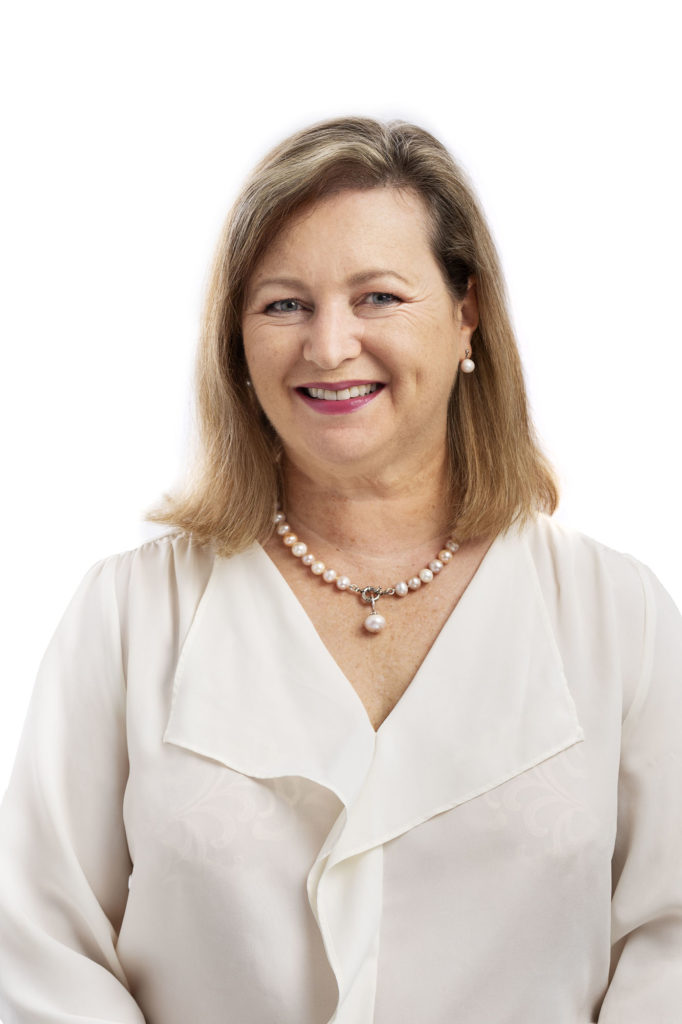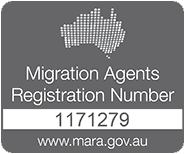Skilled Migration – Is the 2021 glass half full or half empty?
Many people have asked us to explain why Skilled Migration appears to be almost a non-starter at the moment. Certainly, when people contact us for an assessment of their options, we are being very honest about what we see as their prospects of obtaining a visa this year.
The 2021 federal budget pointed to a slashing of the available migration places for the Subclass 189 Visa to 6,500 (a third of last year’s allocation); and state/territory nomination and regional migration places to 22,400. That’s a massive decrease in skilled places, even though the total migration program numbers are unchanged. In addition, the 189 figures include dependents – so in reality, if every family has an average of 3 people, Skill Select (the system through which invitations to apply for Skilled Visas are offered) will only be inviting a little over 2,000 people under this stream. The 189 could be restricted to selected occupations and points will naturally have to be higher to score an invitation, if there is competition.
Out of a total of 160,000 migration places available, only about 18% are forecast to be offered to skilled migrants in the next 12 months. Of all the skilled visas allocated, most will, we anticipate, go to onshore applicants who are already working in their skilled occupation – either on Temporary Skills Shortage Visas, or Working Holiday Visas, or they may be graduates of an Australian education institution.
Even more importantly, most of the skilled program in 2020-21 will be focused on Employer Sponsored Visas. Most of these will go to people who have an occupation which is listed on the Priority Skilled Migration Occupation List (PMSOL).
The PMSOL is a dynamic and responsive list of occupations – currently 17 – which the Government currently assesses are in high demand to respond to the COVID pandemic and participate in Australia’s economic recovery. Advice about which occupations should be on the PMSOL comes from the National Skills Commission, which plays an ongoing role with the Government to assess Australia’s emergent needs. The list may change frequently and with little warning.
Currently, the 17 PMSOL occupations are:
- Chief Executive or Managing Director (111111)
- Construction Project Manager (133111)
- Mechanical Engineer (233512)
- General Practitioner (253111)
- Resident Medical Officer (253112)
- Psychiatrist (253411)
- Medical Practitioner nec (253999)
- Midwife (254111)
- Registered Nurse (Aged Care) (254412)
- Registered Nurse (Critical Care and Emergency) (254415)
- Registered Nurse (Medical) (254418)
- Registered Nurse (Mental Health) (254422)
- Registered Nurse (Perioperative) (254423)
- Registered Nurses nec (254499)
- Developer Programmer (261312)
- Software Engineer (261313)
- Maintenance Planner (312911)
- Social Worker (272511) (added 27th November 2020)
Why the massive changes?
Unsurprisingly, COVID and Australia’s precarious economic recovery, is the driver behind the radical changes. We have a ‘Medium’ and ‘Long Term’ Skilled Occupation List, and a Regional Occupation List, which between them have many more than 17 occupations. However, the Government holds grave concerns about allowing skilled migrants who do not hold PMSOL occupations, to enter Australia during the most uncertain labour market in our lifetimes.
The Government is acutely aware that Skilled Migrants usually enter Australia, become settled and then try their chances within the local labour market. At the moment, there may be fewer job opportunities than ever, in many occupations. New migrants are unlikely to be able to access government support services for two years or more; and there is real concern for the welfare of migrants who have been offered a skilled visa and then can’t find work – and are possibly without financial backup.
This is one of the primary reasons why the Employer Sponsored Migration Scheme has more flexibility – if an employer genuinely needs an overseas worker and demonstrates they can’t fill the position locally, the Government is more likely to approve a nomination. Similarly, we have seen that skilled migrants who have an occupation on the PMSOL have in some cases been able to obtain travel exemptions when they can prove that they have a job offer waiting for them.
What if I am a Butcher, a Baker or a Candlestick Maker? (..or indeed any occupation which is not on the PSMOL…)
If you’ve already been invited to apply for a visa and lodged an application, chances are it will take longer than usual for a decision – even longer than the stated processing times. You may have noticed that the Department is slowly dropping the indicative processing times for most visas, as they are simply not useful right now. If you have not been invited to apply for a visa yet – it’s still worth having your “hat in the ring”, but take a pragmatic view of the chances of success right now. Also, keep an eye on the PMSOL in case it changes in your favour.
Predictions for the Year Ahead
It will be a rocky road for all of us, but particularly for people who want to embark on the move of a lifetime. Here’s a list of what we see as the negatives (“glass half empty”) and positives (“glass half full”) ahead in 2021 for visa applicants.
Negatives
- It will likely be more difficult to obtain a Skilled Visa while you are offshore in 2021.
- Only a select few occupations will be prioritised.
- The dynamic and responsive PMSOL will be good for employer sponsored visas for some people, not so good for others if their occupation is taken off the list, or never makes it on to the list.
- Time marches on and you will turn another year older this year regardless – perhaps losing migration points for age.
Positives
- Skills assessments* and English tests are – usually – valid for 3 years (*with the exception of some skills assessments which could be valid for 2 years). So, if you use the ‘down time’ to get these under your belt, you could be in pole position for an invitation when things open up again later.
- You have another year to spend with family and special friends, before moving halfway round the world.
- Time marches on and another year of work experience in your home country could mean you end up with more points for employment.
- The budget re-prioritisations could lead to additional opportunities for onshore people who are in critical employment.
- You could avoid a costly and disappointing move, which may be upsetting if you can’t find work easily.
- If you’re in the right occupation – employer sponsored opportunities might provide opportunities for migration.
For specialist advice on your Skilled Visa options, as a first step, complete our Visa Eligibility Assessment form. This will give us the information we need to confirm what options you may have available.
Even if you would otherwise be eligible for an Australian visa, this year is different. We are conscious of providing a realistic opinion to people who contact us for initial advice. We are not in the practice of enticing people to begin a costly visa application unless they are fully informed of the likely outcome during the pandemic.
In the current environment, due to high demand, we may restrict our complimentary consultations to eligible people with a viable pathway – but we are happy to offer a standard consultation if you would otherwise like to talk, perhaps to discuss a long term plan.





